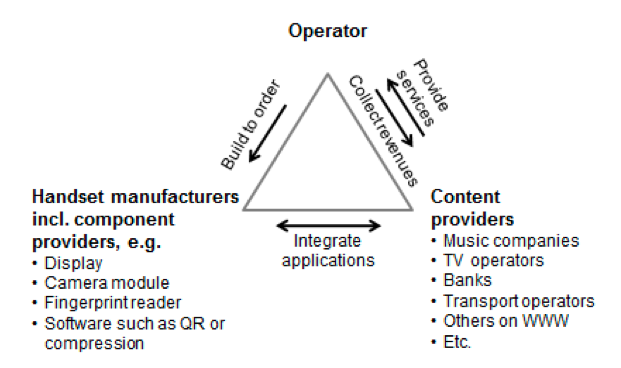Fiercer competition for quicker innovations
March 13, 2012
The key economic success factor is fiercer technical competition in Japan, according to a study of the Institute for Technology Assessment and Systems Analysis (ITAS) of Karlsruhe Institute of Technology (KIT).
In the late 1990s mobile internet services already existed in Japan; today, data flat rates have been in the market for almost ten years and digital TV for some five years.
New services in Japan are commercialized more frequently, more rapidly, and at lower prices than in Europe. This innovative power is driven by competition between the providers.
Relying on a single network technology like the digital mobile communications standard GSM (Global System for Mobile Communications) in Europe is good for mass production and generates high revenues for operators in the SMS business, but inhibits the development of innovative, widely used, and low-cost mobile internet services.
In their study, the innovation researchers also show that the iPhone business model of Apple — with its popular system of content and services — is based on concepts invented on the Japanese market more than a decade ago.
“Apple successfully adapted the key aspects of the Japanese system with a sophisticated interplay of networks, end-user devices, and applications, which provide easy-to-use end-to-end services,” says economist and japanologist Dr. Michael Haas, the co-author of the study.
“By doing so, Apple has revolutionized the Western mobile communications industry, while operators in Europe never managed a successful transfer.”
The study describes how many mobile service innovations that are presently being exploited by Apple for its iPhone business were developed in Japanese “clubs of operators.” Together with their technology and content suppliers, they are fighting for market shares. “
Technology competition in Japan is tough, as the operators there use different radio standards which result in different costs and characteristics of each ‘club’,” says Daniel Scuka, co-author of the report and a former technology journalist in Japan. This led to far higher download speeds and the allocation of new radio bands to new competitors depending on market development.
According to the study, it is the lack of this technology competition that leads to stagnation on European markets. It recommends remedies that are difficult to implement, but necessary to regain competitiveness: Unlicensed, but powerful usages of the radio spectrum to enable free communication via a technology similar to WLAN, but with more reach.
Ref.: Arnd Weber, et al., Mobile Service Innovation: A European Failure, Telecommunications Policy, 2011; [DOI:10.1016/j.telpol.2011.03.002] [PDF]

